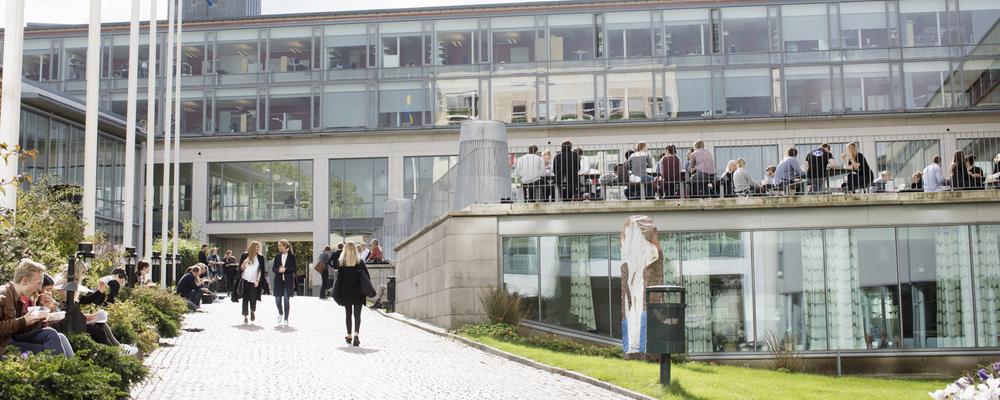Students rate the School’s positive impact
When the second edition of the Positive Impact Rating was presented yesterday, the School of Business, Economics and Law at the University of Gothenburg once again positioned itself as a "progressing school". In this international evaluation, students at business schools evaluate their own university based on its positive impact on society, in order to develop education, research and other operations.
The Positive Impact Rating was initiated in 2017 by a large group of academics and institutional leaders from the management educational field, with the intention to support fundamental change in the business school sector with regards to the schools' societal responsibility and impact. Anders Sandoff, senior lecturer in business administration, and Mattias Sundemo, environmental coordinator, from the School of Business, Economics and Law participated in the development. The ambition was to support a development of business schools regarding their responsibility and impact on societal development. The purpose of PIR is partly to function as a tool for students before selecting a university, but above all that business schools should develop by learning and taking inspiration from each other. The non-profit association PIR is based in Switzerland. The collection of data takes place with the help of student organizations at the participating business schools.
This year's PIR was presented on 17 June under the UN initiative PRME's (Principles for Responsible Management Education) Global Forum, which is arranged digitally together with the Global Compact.
47 schools from 21 countries on four continents participated in this year's survey. A total of 8.800 students participated. 137 students from the School of Business, Economics and Law participated.
